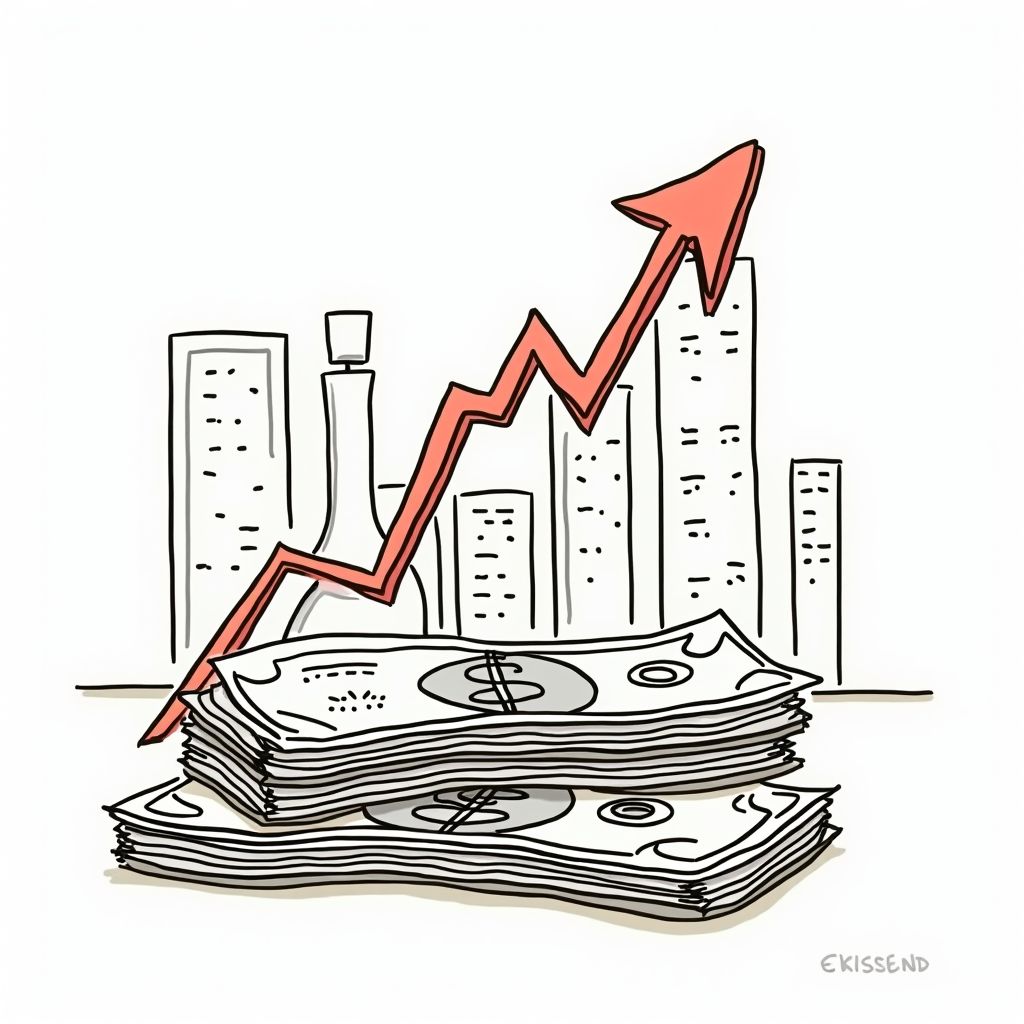Bessent Predicts Possible Oil Price Drop Amid Venezuela Tensions

Washington, D.C., Sunday, 23 November 2025.
Scott Bessent suggests a Venezuela shock could significantly lower U.S. oil and gas prices, impacting the market amidst geopolitical tensions.
Geopolitical Tensions and Market Reactions
The potential for an economic shock in Venezuela has been identified by U.S. Treasury Secretary Scott Bessent as a factor that could significantly lower oil and gas prices in the United States. This assertion comes amid heightened geopolitical tensions, with the U.S. conducting over 20 military strikes on suspected Venezuelan drug-carrying vessels in the Caribbean [1][2]. These operations are part of a broader strategy to counter ‘narcoterrorism’ and reduce criminal activity originating from Venezuela, which the U.S. has recently designated as a Foreign Terrorist Organization [3].
Economic Implications for Oil Markets
Current oil market conditions reflect a volatile landscape, with West Texas Intermediate (WTI) crude and Brent crude prices experiencing declines. As of November 21, 2025, Brent crude closed at approximately $62.56 per barrel, down 1.3%, while WTI crude settled near $58.06 per barrel, representing a 1.6% decrease [4]. These declines are part of a broader trend, with both benchmarks down about 16-18% compared to the previous year [4]. The potential for further reductions in oil prices could provide economic relief in terms of lower gasoline prices, which currently average $3.07 per gallon in the U.S. [4].
Potential Economic Outcomes
The implications of a price drop in oil due to a Venezuelan shock are noteworthy. A decrease in oil prices could lead to reduced energy costs for American consumers, subsequently lowering inflationary pressures on other goods and services that rely heavily on energy, such as transportation and manufacturing [1][5]. Moreover, Bessent has highlighted the economic benefits of recent peace deals under President Donald Trump, which could further stabilize and potentially lower energy prices, contributing to overall economic growth [5].
Monitoring Future Developments
As the geopolitical situation continues to evolve, stakeholders are advised to closely monitor developments. The U.S. State Department’s recent actions and the deployment of military assets near Venezuela indicate a serious commitment to addressing perceived threats [3]. The formal activation of the Cartel de los Soles as a Foreign Terrorist Organization on November 24, 2025, marks a significant step in this strategy [3]. The economic landscape remains fluid, with potential for both opportunity and risk depending on how these geopolitical tensions unfold [2][3].